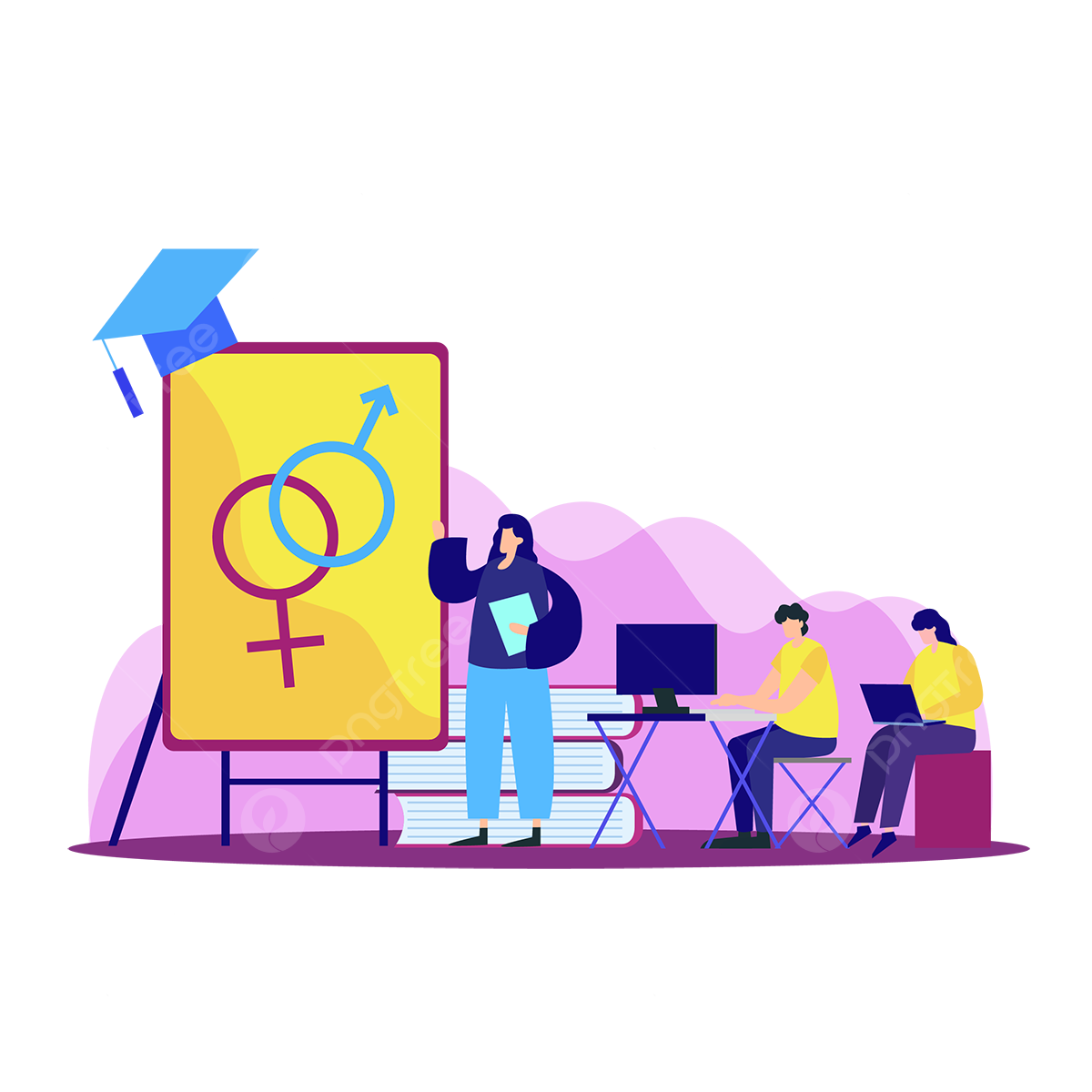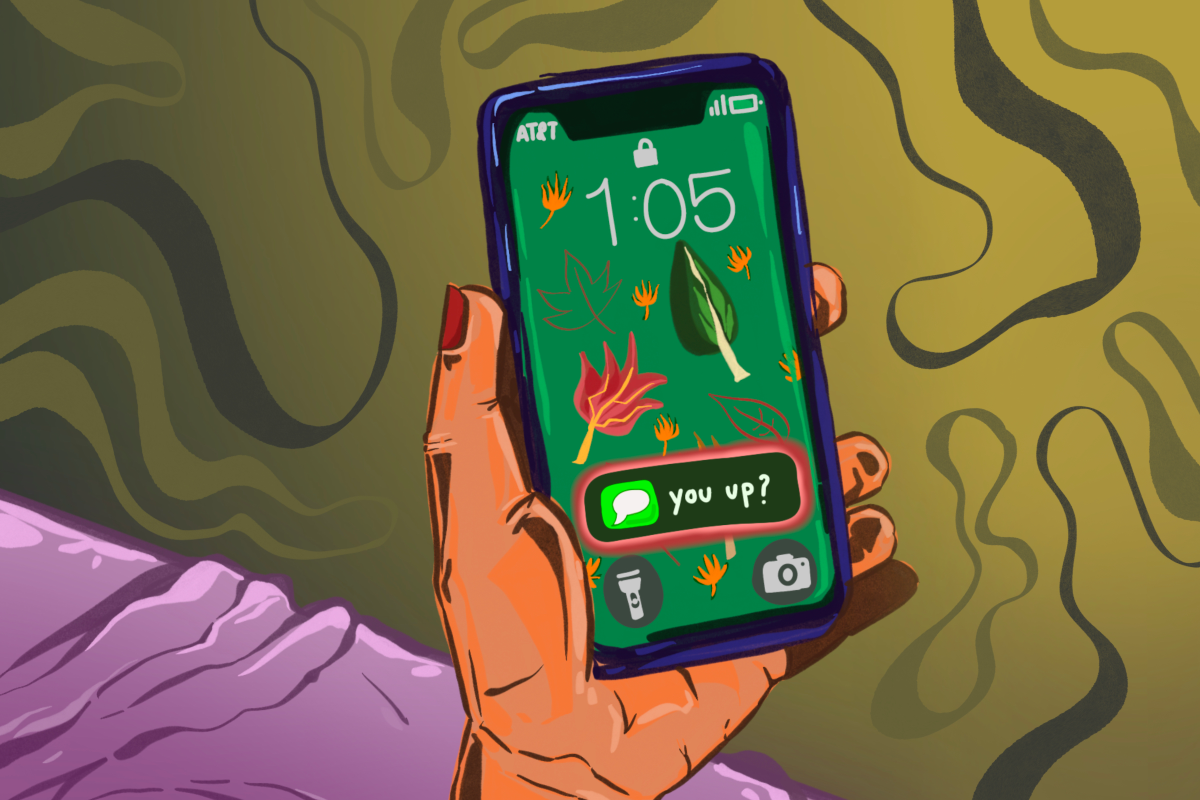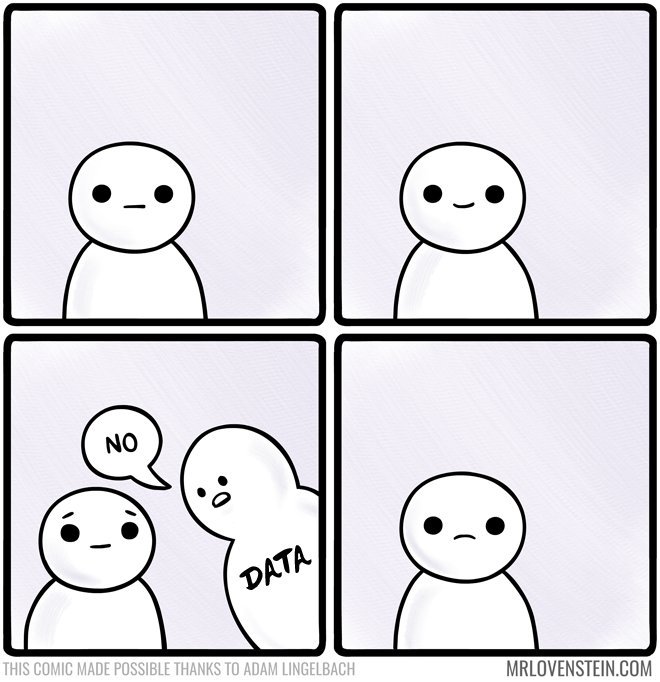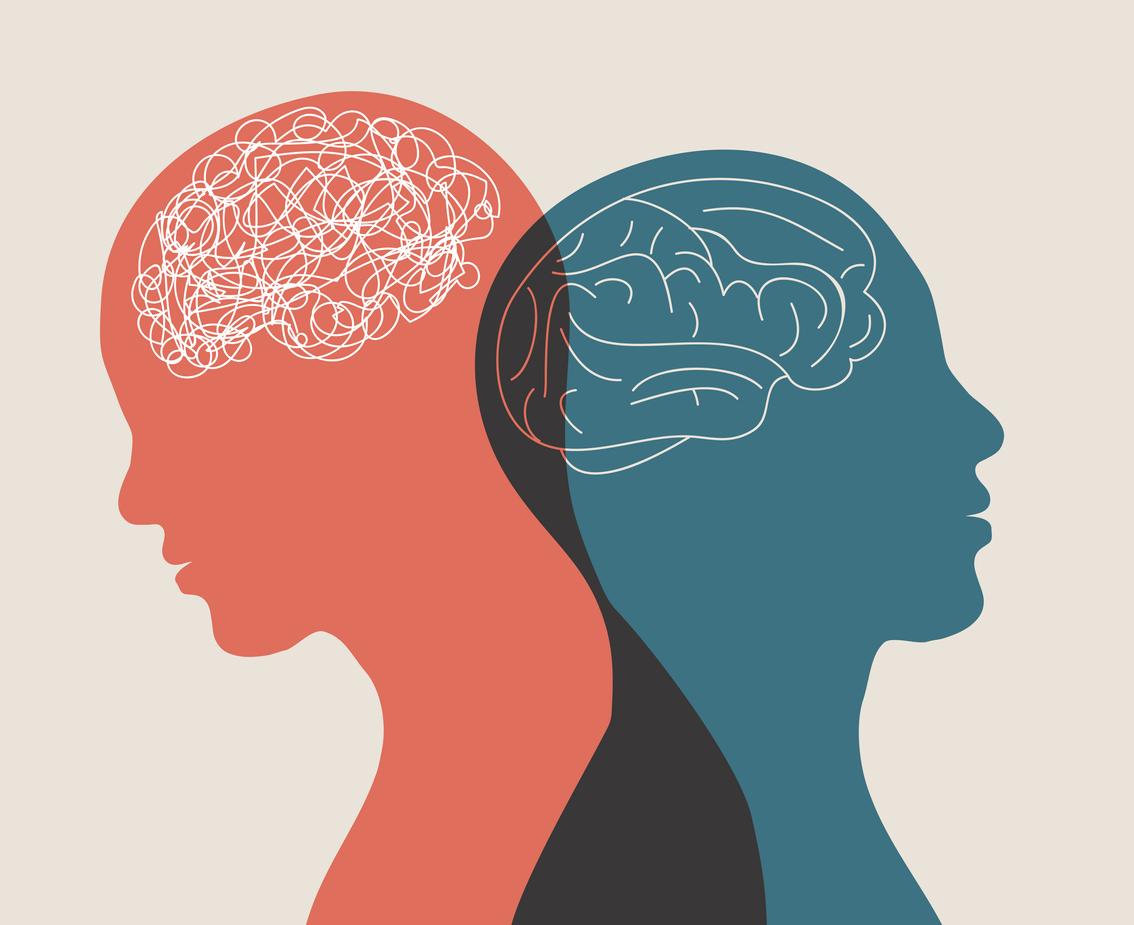From Sigmund Freud, B. F. Skinner to Jean Piaget, psychology – (The scientific study of the human mind and its functions, especially those affecting behavior in a given context) has been used and applied to many different fields.
Psychology helps us understand the mind, the brain, and how mental processes function. Some of the questions that early philosophers had were: How does our mind relate to our bodies?, How much knowledge is “built-in”? And how much information is acquired through experience?
Throughout time, psychology has shifted for the better because, in previous decades, the psychological approach to gaining new knowledge wasn’t always safe. Such experiments weren’t allowed to physically harm the participants, however, they still could endure emotional discomfort.
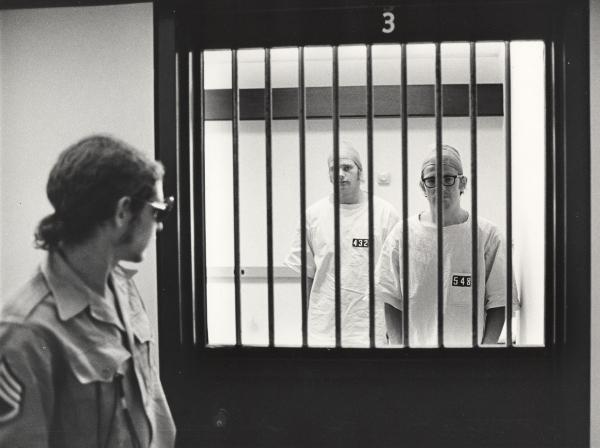
One of the most well-known experiments was Professor Phillip’s Stanford prison experiment. G. Zimbardo, which examined the effects of roles in a contrived situation. This was designed to see how behaviors would change when college students were assigned the roles of “guards” or “inmates”. During this two-week study, the guards were told not to harm the inmates physically. However, only a few days into this practice, the guards became very verbally abusive, making it so that the inmates would then be submissive to authority. This research was enviably shut down due to how much mental damage the inmates were put through.

Another more lighthearted study was the Stanford marshmallow experiment which psychologist Walter Mischel led. The test was to see if a child could be left unattended with a marshmallow. If they didn’t eat it, their reward would be two marshmallows. This also helped determine that if the child did not eat the first marshmallow, they would be more likely to finish college, earn higher incomes, and have less chance of becoming overweight.
There are many different ways to use and apply psychology to your everyday life, and many people have helped in their studies. One example surveys, while it isn’t the best way to attain information because people could lie and change the outcome, it still is used and sometimes can be effective. Another type of research is case studies which examine and study people in depth to evaluate their findings or the hypothesis. longitudinal studies and case studies go hand in hand because researchers study an individual or group for an extended period of time to see how the results could shift.
In conclusion, you can see how important it is that we have psychology and can use this approach to help people with learning and mental health difficulties.
Sources:

